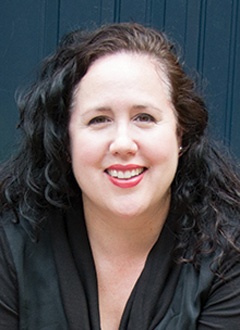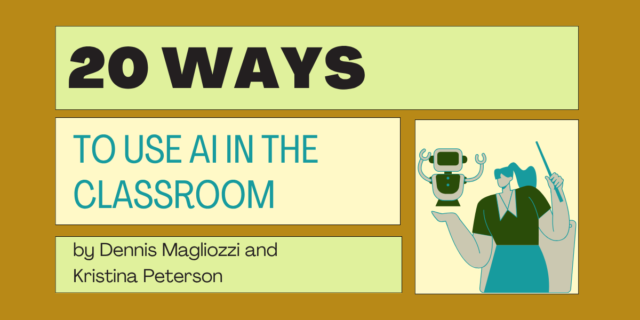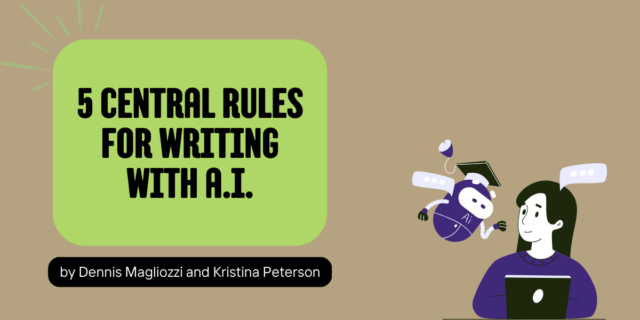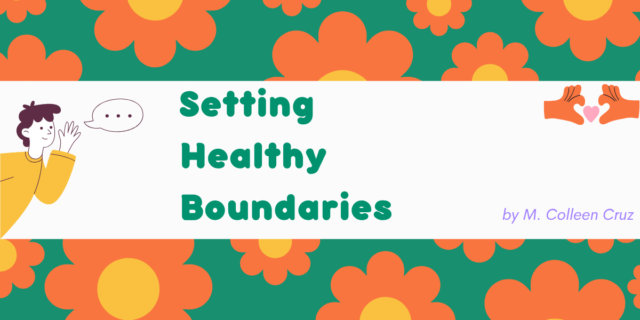
Veteran teacher and author Colleen Cruz has seen it all and done it all in the writing classroom—and she’s got something to admit: this is hard work. Real hard. In her new book The Unstoppable Writing Teacher she takes on the common concerns, struggles, and roadblocks that we all face in writing instruction and helps us engage in the process of problem solving each one. In today's post adapted from the book, Colleen entreats us to work smarter.
Work Smarter, Not Harder
by M. Colleen Cruz
A very long time ago, very early in my career, I once labored until almost 9:00 at night in my classroom. Not unusual for me. I don’t remember what I was working on. I know I was sitting on the floor with my shoes off and the radio blasting. I was trying to just finish whatever I was working on when a colleague, who was leaving for the night, stopped by my room. She told me I needed to go home. “I will, I will. I just need to finish this,” I said.
She smiled at me, but stood in the doorway a little longer. Like there was something she wanted to say. “What?” I said. “You think I’m crazy?”
“Nope,” she said. “I just think you need to work smarter, not harder.” I heard her steps echo down the empty hallway, my eyes blurry with exhaustion. In my memory she was whistling. But that moment was absolutely a pivot point for me. I realized that so much of what I had been doing as a teacher was working very hard and not getting very far. I would create lots and lots of stuff, plan for hours, and yet, I could rarely trace back the impact of all my hard work on my students. I started to think that in my desire to become a good teacher for my students I was in fact taking time off my career. I was exhausting myself.
I realized all at once that I was covering for my anxieties and lack of know-how by working as hard as I possibly could, so at the very least I could say I had done the best I possibly could. But I knew, now, that it wasn’t the best I could do. That the best I could do would require putting down the tools and thinking a bit. I would need to do less of the heavy lifting myself. I needed my colleagues for support and collaboration. I needed to hand more of the work of learning to my students. In order to get control and actually improve the situation that was my teaching, I needed to let some of that control go.
I believe that teachers are working harder than ever
I am now a big believer in working smarter, not harder. Before I roll up my sleeves and get to work on a problem—almost any problem—I stop and think for a bit about the best possible approach to solving the problem. Can I call a friend for advice? Can I ask for a volunteer to share the load? Can I teach the students how to handle this? How might technology help?
While it has likely always been true about teachers (Plato probably worked way too hard lesson planning for Aristotle and his classmates), I believe that teachers seem to be working harder than ever. There are dozens of reasons for this: rising levels of child poverty, new teacher evaluation systems, district learning targets that are constantly moving—all in an information age in which content and skill knowledge grow exponentially by the minute. We don’t need to add our own selves and our hard-work addiction habits to the mix.
As you move through your day, your week, your month, I encourage you to take small pauses before you act. Ask yourself: Is there a way to work smarter and not harder here? Before you pass out those papers. Before you hand-write every rubric. Before you create another assessment when you could simply read through your students’ notebooks. Because, the truth is, even if you endeavored to work smarter every single time you lifted a finger to work, you would still be working hard. And while working hard might make us feel a little better in the short run, in the long run, we need our energy in order to face the other problems yet to come.
♦ ♦ ♦ ♦
 In addition to being the author of The Unstoppable Writing Teacher, M. Colleen Cruz is the author of several other titles for teachers, including Independent Writing and A Quick Guide to Helping Struggling Writers, as well as the author of the young adult novel Border Crossing, a Tomás Rivera Mexican American Children’s Book Award Finalist. Colleen was a classroom teacher in general education and inclusive settings before joining the Teachers College Reading and Writing Project where she is Senior Lead Staff Developer. Colleen presently supports schools, teachers and their students nationally and internationally as a literacy consultant.
In addition to being the author of The Unstoppable Writing Teacher, M. Colleen Cruz is the author of several other titles for teachers, including Independent Writing and A Quick Guide to Helping Struggling Writers, as well as the author of the young adult novel Border Crossing, a Tomás Rivera Mexican American Children’s Book Award Finalist. Colleen was a classroom teacher in general education and inclusive settings before joining the Teachers College Reading and Writing Project where she is Senior Lead Staff Developer. Colleen presently supports schools, teachers and their students nationally and internationally as a literacy consultant.


